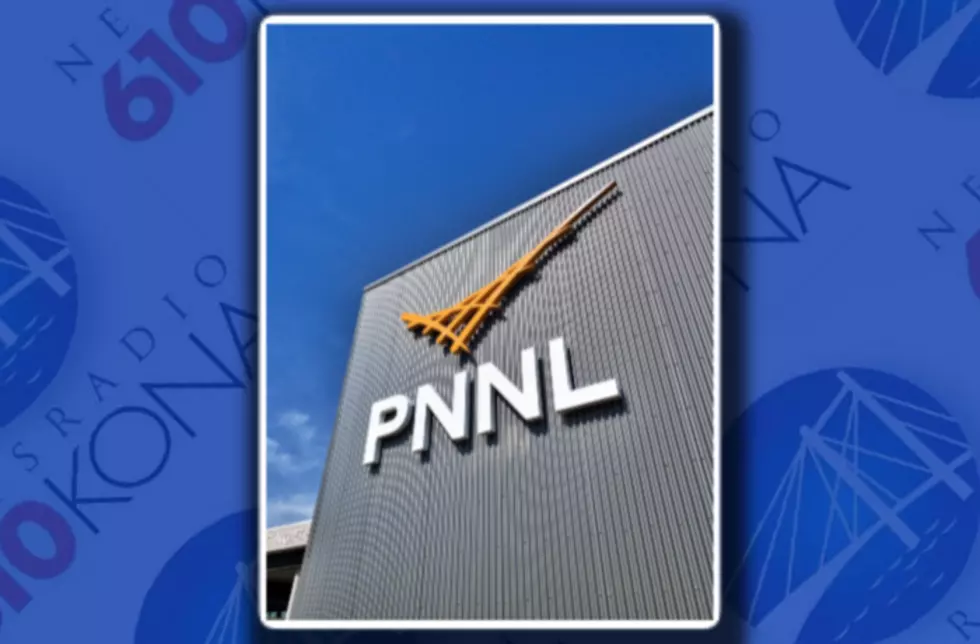
Prosser Soil Samples Return From Space For PNNL Study
(Richland, WA) -- An epic trip for a piece of Eastern Washington. Soil samples taken from a site in Prosser were sent into space and spent three months aboard the International Space Station. The samples were blasted into orbit about Space X 25 in July. They have returned to the area, arriving back at the Pacific Northwest National Laboratory Monday morning.
What's Being Studied
Scientists at PNNL are participating in an experiment called DynMoS, short for Dynamics of Microbiomes in Space. The study, funded in part by NASA, looks specifically at the bacteria in the soil samples, and what that bacteria does in a microgravity environment. It's all in an effort to gather information scientists need to have, in order to grow food in space, or another planet.
Why Was Prosser Chosen?
Researchers participating in the experiment say the soil, taken from a field site, run by Washington State University is very close to native soil, in terms of it's purity. The samples consist of eight species of bacteria needed to round out the experiment.
“Plants need beneficial soil microbes to help them grow. Microbes can provide nutrients and protect plants from drought, from pathogens, and from other kinds of stress,” said PNNL Scientist Ryan McClure. “Understanding how microbes interact as they do this is the first step for building communities of microbes that can support plant growth in places like the moon, Mars, or the space station.”
Scientists will spend the next three weeks processing the samples and then begin to look at how the microbes in the soil interacted with the zero gravity environment. They will be compared to samples that were kept at the launch site in Florida.
The Worst Movies Ever Made, According to Letterboxd
LOOK: Things from the year you were born that don't exist anymore
Gallery Credit: Stacey Marcus
More From 610 KONA









